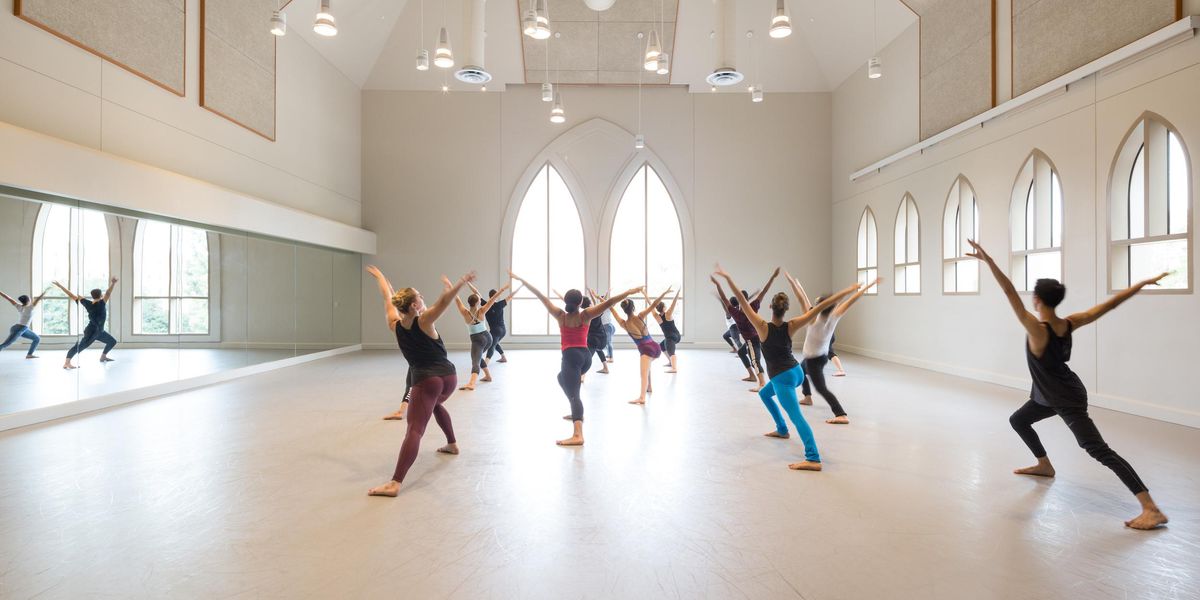10 Minutes with Camille A. Brown
The choreographer’s year of outreach work with her Black Girl Spectrum initiative culminates in a premiere.
Photo by Christopher Duggan, courtesy Camille A. Brown.
Camille A. Brown’s pieces have unflinchingly addressed cultural, racial, gender and social justice issues. Her new work, BLACK GIRL: Linguistic Play, takes her mission a step farther. Over the last year through her Black Girl Spectrum initiative, Brown hosted workshops and had discussions with women across the country about African American social dance and the experience of growing up as black women. From this outreach, she’s created BLACK GIRL, which will premiere at The Joyce Theater in New York City, September 22–27.
What made you want to start Black Girl Spectrum?
I felt there was a need for dance history education to be a little leveled out, to talk about some of the people who were only given a small acknowledgement in some of the books from when I was in school, like Katherine Dunham, Pearl Primus and Alvin Ailey. I feel it’s important for me to connect with communities about the black experience.
What have you learned?
It’s been joyous, heartbreaking at times. I talked to younger girls and women about what it is like to be a black girl in society. What are the things they see? What are the perceptions of them versus the reality of who they know they are? It’s sad to learn that a lot of the things I saw as a child are the same things they’re going through now.
How did you create the piece BLACK GIRL: Linguistic Play?
My main focus is that we need to celebrate black girls. In our discussions about education, culture and social dances, we talked about what dances they do now, and I incorporated those into the piece. What I’ve been exhausted by is the perception, the angry black woman, versus the reality, the strong black woman. But I think there are enough narratives about that. I wanted to talk about what it is to just be a girl, what it is to be a black girl, what it is to grow up. What does it mean when we embrace who we are? The Spectrum is something I will do past this piece. It’s not just, “Okay, we’ve talked and now we have a piece.” This is work that needs to continue.
You are a TED fellow and received a Doris Duke Artist Award, along with many other grants. What is it like to be at this point in your career?
It’s really exciting. It feels great to be acknowledged. It feels great to have the opportunities. But I’m still fighting. Racism and sexism exist and the dance world is not above it. There is still a clear difference of how females are treated versus males in the industry. It still seems that many critics are unable to comment about the black experience in an informed way. I am fighting on both fronts—being black and a woman.




